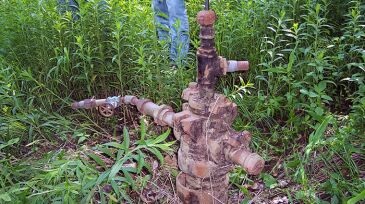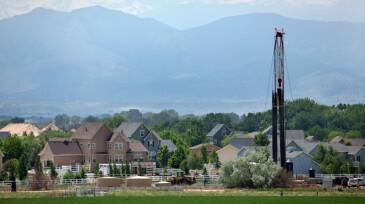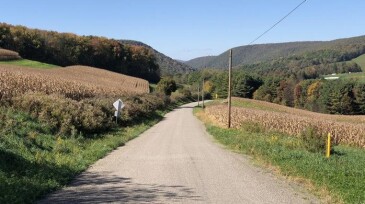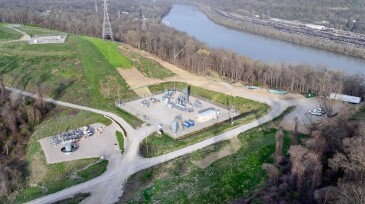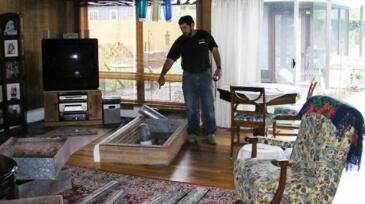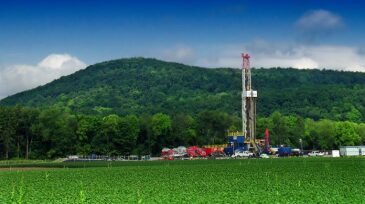Pennsylvania
-
The Ohio River Valley Institute finds operator indifference, regulatory noncompliance as chief factors in state's growing number of deserted wells.
-
Pennsylvania children living near unconventional oil and gas developments at birth were two to three times more likely to be diagnosed with leukemia between the ages of 2 and 7 than those who did not live near this oil and gas activity, after accounting for other factors that could influence cancer risk, a novel study from the Yale School of Public Health finds.
-
A health study commissioned by Pennsylvania environmental officials examined the practice of spreading waste water on rural dirt roads in the state. Researchers concluded that the practice doesn’t control dust effectively and poses dangers to the environment and human health.
-
Pennsylvania regulators have released a long-awaited final draft of rules to cut releases of methane from the state’s existing oil and natural gas well sites, but they will still not require companies to find and fix leaks at tens of thousands of low-producing wells.
-
It is estimated there may be a few hundred thousand abandoned wells in Pennsylvania—some located in the woods, along riverbanks, in people's yards, and even inside their homes.
-
Despite a natural gas boom and health concerns over drilling from environmentalists, the state Department of Health has received just 160 complaints related to drilling over the last decade.
-
Pennsylvania Gov. Tom Wolf has asked the state Department of Health to determine how best to spur additional academic and science-based studies of the potential public health effects of shale gas development in the state.
-
Researchers at Yale University who analyzed groundwater wells in the Marcellus Shale area have determined that hydraulic fracturing is highly unlikely to be a direct source of contamination.

